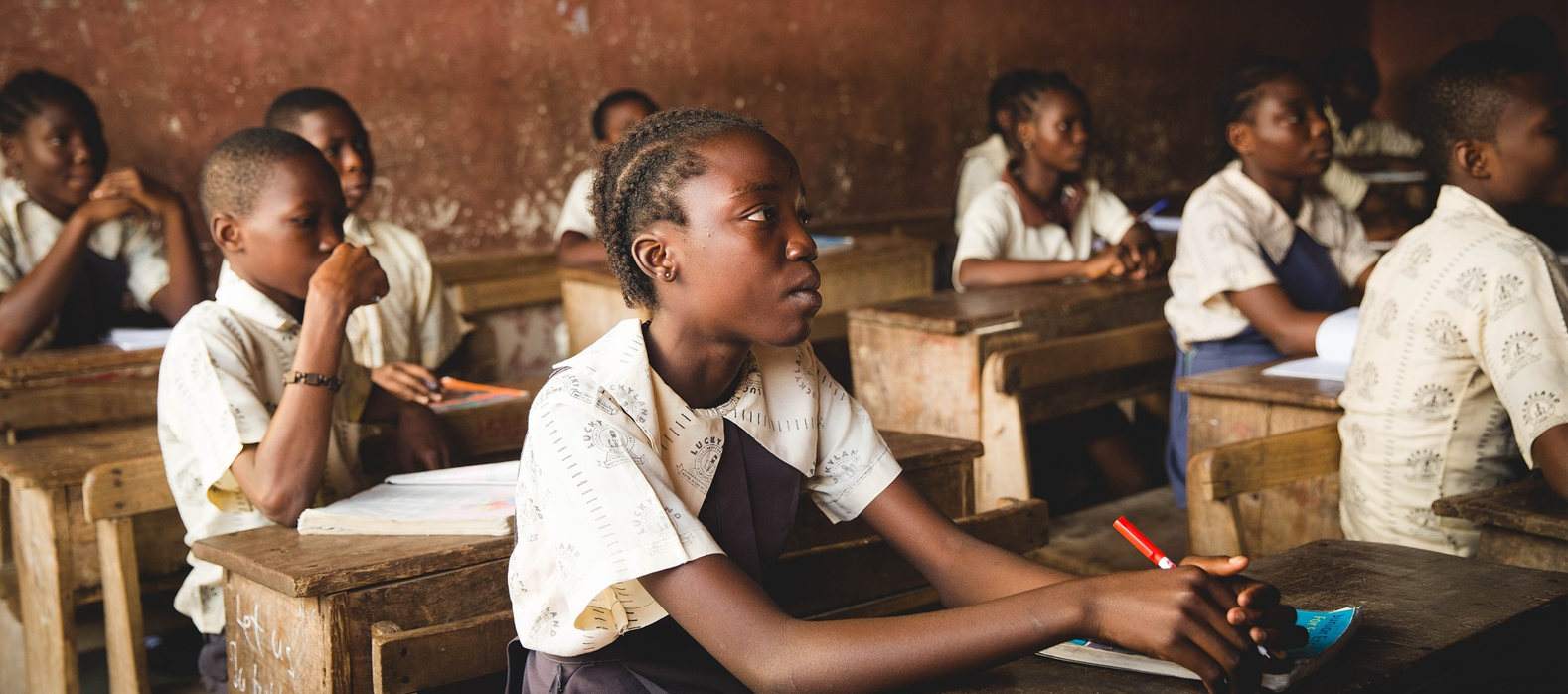According to the International Literacy Association, the right to literacy is a very basic fundamental human right. However, 750 million people around the world cannot read and write. Two-thirds of these people are females. Despite some progress, gender disparity remains a big issue. [1]
The spread of illiteracy has led to heavy and in many cases tragic consequences due to lower income, very poor health, and higher rates of confinement.
Lifelong Impact of Illiteracy
The Social Impact
People that cannot read and write generally have very low self-esteem and sometimes feel emotions such as shame, fear, and powerlessness. Students who are illiterate or struggle with literacy in many cases try to avoid situations where they must participate in group works. Persons that cannot read struggle to pay their bills, to find proper work, to secure housing and knowing their basing rights such as voting.
Literacy is essential to be informed of decision-making, personal empowerment, and community engagement. Communication and connection form the basis of who we are and how we live together and interact with the world.
The Multigenerational Impact
Illiteracy often passes from generation to generation, regardless of whether children attend school. According to an article published by UNESCO’s 8 Learning families, many children all over the world attend school but do not lean to read, write, or do mathematics. Adults also experience the frustration as children, so they deliberately avoid literacy related activities later in life. The intergenerational cycle of illiteracy is formed when the adults have children of their own and communicate their negative feelings towards schooling their children.
According to research by the U.S. Department of Education, it was found that children who are read to at least three times a week by a family member is almost twice as likely to score in the top 25% in reading compared to children who are read to less than three times a week. [2]
Another research carried out by Social Stratification and Mobility (2010) in the United States found that also found that children growing up in homes with many books get three years more schooling than children from bookless homes. We can lift ourselves out of poverty when we learn how to read, write, do basic math, and use computers properly.
The Economic Impact
It has been found hat the people struggling with literacy are likely to be poor, miss out on work and generally have a lack of education. A study by the Brookings Institute has found that less than half of children living in poverty are ready for school at age five, compared to 75% of kids from families with middle to high incomes. [2]
Another study conducted by the same institute, found that people with low literacy skills had poorer health outcomes, including knowledge, general health status, and use of health resources.
The Illiterate of the Future
Some have argued that the illiterate of the future would not be one who cannot read and write. Since the meaning of literacy has been changed over time, many other things have changed rapidly such as the process of applying knowledge. Long ago, people often believed what was told to them by their ancestors.
However, in today’s world, one must adapt themselves according to the changing environment because new skills are necessary due to modern technology and innovations. Some now believe that in addition to learning how to read and write, one must be able to know how to learn, unlearn and relearn.
In today’s market, the competition is getting tougher and tougher. People that are unwilling to learn and relearn are facing the most problems. For example, people that are updated with the use of the internet technology can find jobs more easily compared to traditional workers. The use of the internet has become the need in every workplace. Also, the technology is advancing so rapidly that there is constant need to learn about the new technology and keep up to date with it to be competitive in the job market.
To be relevant in today’s world, one must have the capability to tackle many situations as they arise and be able to propose solutions. Only reading and learning cannot solve these issues. Learning is simply a process of acquiring knowledge and a person without knowledge is illiterate. Therefore, in the 21st century, those people that are open to learn, unlearn and relearn will be the new literates.
In Belgium for example, Teach For Belgium which is supported by Semlex For Education, is a non-profit organization that works for more educational equity. This requires, among other things, mastery of the language of learning but also the training and support of new teachers, in particular with regard to digital learning at school.
If there are other projects that you would like to share with us, please do not hesitate to contact us!
Written by Bhoomattee Surujdin for Semlex For Education.
Sources
[1] Toffler Alvin, The illiterate of the future-PTE Exam preparation-July 2018.[2] Gunn Jennifer, The lifelong impact of being illiterate-Resilient Educator-copyright 2021.


